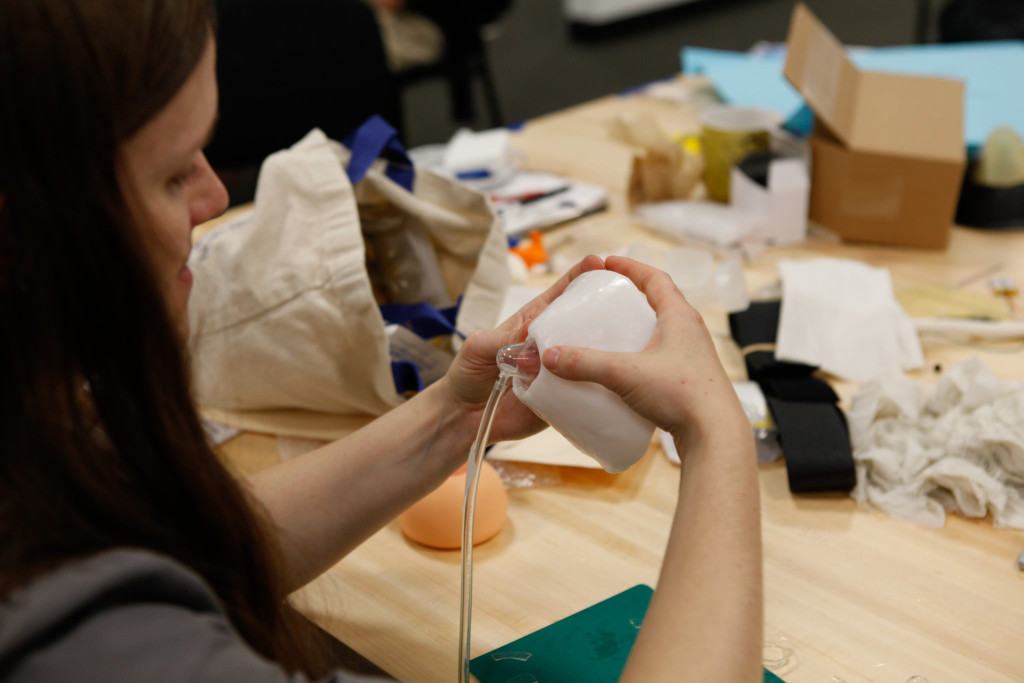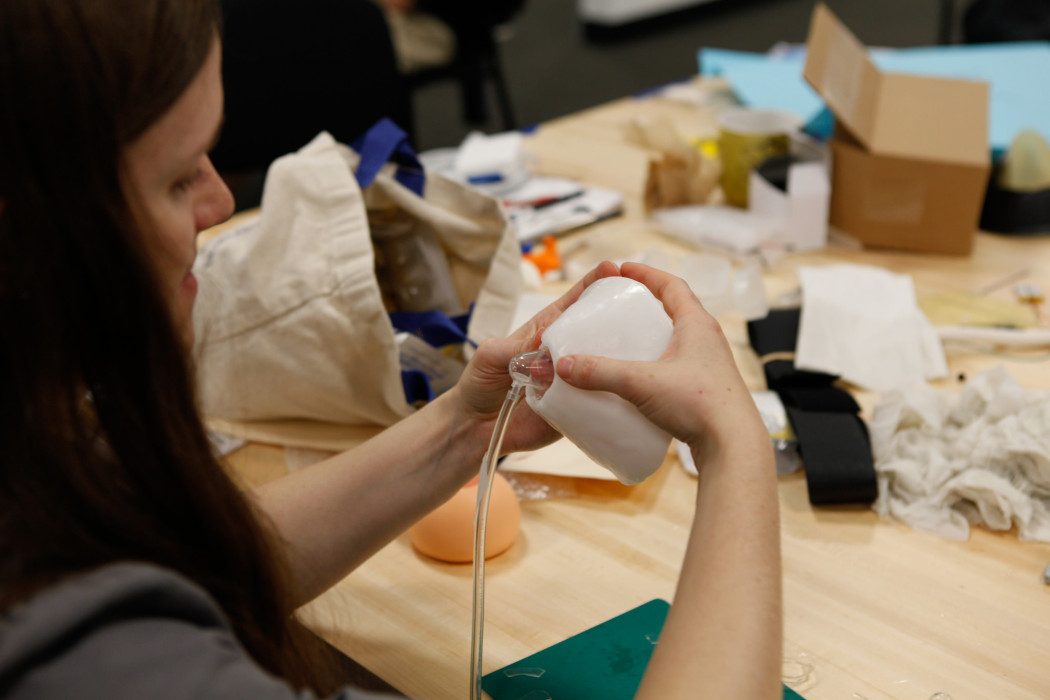>> When my first child was five months old, I started work at a grocery store. I won’t name it here, but it was the type of super-happy, super-crunchy establishment that makes you want to knit your own cloth bags and hand-grind your >>chia seeds . I was transitioning out of a white collar job to one with more flexibility, and I was pretty nervous about fitting in and learning the ropes.
When my first child was five months old, I started work at a grocery store. I won’t name it here, but it was the type of super-happy, super-crunchy establishment that makes you want to knit your own cloth bags and hand-grind your >>chia seeds . I was transitioning out of a white collar job to one with more flexibility, and I was pretty nervous about fitting in and learning the ropes.
During my first week, every time I asked where moms working at the store pumped I was greeted with an uncomfortable, blank stare. “We haven’t ever had someone who did that,” responded one manager, and another suggested I use my car. Without a battery pack for my electric pump, my car was out of the question, and using one of the store’s two bathrooms seemed inconvenient and gross.
Out of desperation, I set up a small privacy fort in the breakroom, built from easels and a few old pieces of plywood. I would secret myself back there during my scheduled lunch break, and I’d ignore the curious stares as I clawed my way out once the tiny bottles were full. One day, a young man moved the easel aside and stumbled in on me. I was vaguely irritated, but that was nothing compared to the next day when the store manager pulled me aside and explained I had made the young man uncomfortable.
Since I refused to move my pumping efforts to a bathroom, I was sentenced to express milk in an unfinished attic above the store, up a rickety ladder. At the time I had no idea if there were laws to protect me, or whether I was pushing my limits by expecting to find a place to safely pump milk to feed my infant.
After the birth of my second child, all of that changed. Congress passed the Affordable Care Act, which included provisions to >>protect nursing mothers at work . When I was ready to return to work at my grocery store I called ahead and asked if they had sorted out the nursing room situation yet. It took them two weeks, but they managed to put up a retractable blind in a dedicated private spot. Management attitudes were still no more enlightened—one manager would pointedly look away when he saw me carrying >>my breast pump —but having the law behind me meant I felt confident to take my breaks in privacy.
Nearly >>two thirds of working mothers return to work before their baby hits 6 months—a time when many children are still completely reliant on formula or breast milk. Supporting women as they seek privacy for pumping or a spot for milk storage isn’t just the law; it’s good business. >>In North Carolina , women are required to have a private place to pump that includes a power outlet, and they are required to be provided breaks during which to pump.
>>One study found that nursing moms miss fewer days of work and that women who work in pumping-friendly workplaces are more loyal to their employers. It doesn’t take much—just ask returning moms what they need and support them during the short time while they need to pump.
I’ve had friends who’ve had pumping rooms with TV’s, minifridges, and rocking recliners. What has your employer done to welcome nursing moms back into the workplace? How would you make sure pumping moms get to express in peace?

There are no comments
Add yours